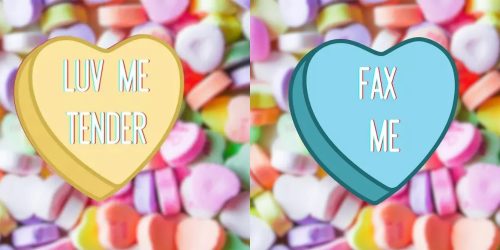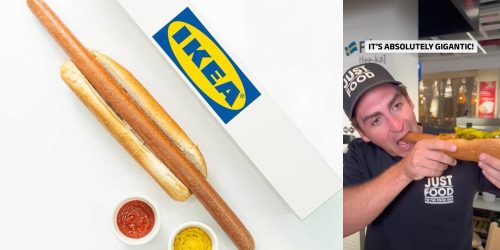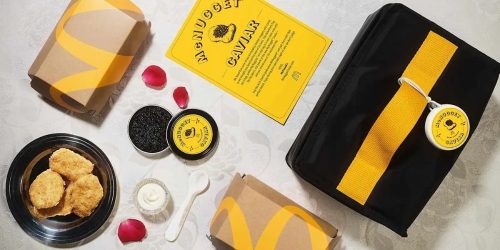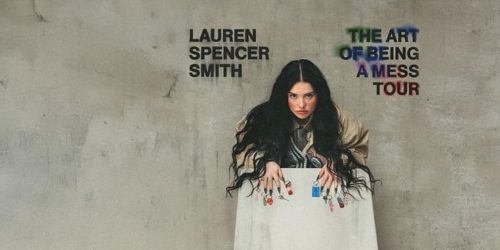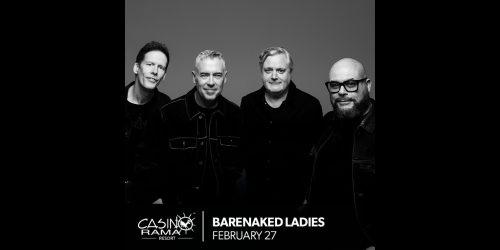Barilla Isn't Italy's Favourite Pasta and Now They're Being Sued Over 'Misleading Labels'

Barilla customers have filed a class action complaint against the pasta company claiming false advertising.
Looks like it’s not just the pasta that’s in hot water after two former customers filed a class action lawsuit against the brand over alleged false advertising!
Plaintiffs Matthew Sinatro, of San Francisco, and Jessica Prost, of Los Angeles, seek to represent a nationwide class and California subclass with allegations that Barilla America, Inc. misleads customers into believing its pasta products are made in Italy and use ingredients sourced from Italy.
Both plaintiffs state they wouldn’t have purchased Barilla products from local grocery stores if they had known the pasta was made in the U.S. from manufacturing plants in Iowa and New York, and they could have chosen cheaper alternatives.
Barilla was established in 1877 as a family-owned pasta shop in Parma, Italy, where it is still headquartered today, and operates as an international food group.
The company trademarked the slogan "Italy’s #1 Brand of Pasta" and features the saying on its packaging along with three small decorative bubbles that feature the colours of the Italian national flag — green, white and red.
Plaintiffs believe Barilla’s slogan, flag-like emblem and sourcing of ingredients from countries that aren’t Italy have misled customers and caused them to overpay for the company’s products, according to the complaint.
Lawyers for Barilla America, Inc. argue that the company’s pasta packaging is marked with a "Made in the USA" label that references its Illinois headquarters to limit confusion and avoid deceit.
OTHER MISLEADING PRODUCTS
5-Hour Energy
5-hour Energy alleged that its energy drink shots were more effective than coffee and that doctors recommended it. Those claims were found to be deceptive, and the makers of 5-Hour Energy were ordered to pay $4.3 million in penalties and fees. The ruling was upheld in 2019 by the Washington Court of Appeals.
Vitaminwater
Coca-Cola falsely claimed its Vitaminwater products could promote healthy joints, reduce the risk of eye disease, and have other health benefits. The company agreed to change Vitaminwater labels.
Frosted Mini-Wheats
The Kellogg Company claimed Frosted Mini Wheats improved children's attentiveness by 20%. But attentiveness did not increase as much as promised in the vast majority of children who ate the cereal. Kellogg agreed to a $4 million settlement and to stop using the ads.
Pom pomegranate juice
Pom Wonderful claimed its fruit juice helped reduce the risk of medical issues such as heart disease, prostate cancer, and erectile dysfunction. Those claims were not backed by research and were ruled to be deceptive. POM Wonderful petitioned the Supreme Court to review the case, but it declined to do so in 2016.
Camels cigarettes
A 1946 advertisement for Camel cigarettes claimed that doctors preferred the brand in a supposedly independent survey, which was revealed to have been conducted by an ad agency using suspect methods. The cigarette commercial showed actors dressed as doctors puffing on cigarettes between house calls. Even at the time, there was substantial evidence that cigarettes were deadly, and some view the use of doctors to imply their health as a particularly despicable act of deceptive advertising.
New Balance toning shoes
The athletic shoe maker said its toning shoe could help wearers burn calories, though the shoes were never proven to be any better at helping to burn calories than other types of shoes. New Balance settled a class-action lawsuit over those claims in 2012 for $2.3 million.
Beat FOMO by being in the know!
Sign up for our newsletter today and never miss a beat.

